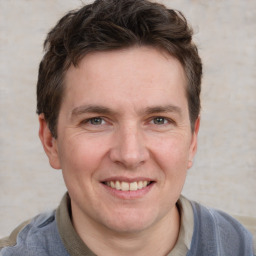Petrolo
A place immersed in nature
Petrolo is a hamlet of the municipality of Marliana located in Tuscany. The hill on which the village stands is covered by lush chestnut and acacia forests and by fields cultivated with potatoes. The agricultural territory of the village focuses mainly on olive growing. In fact, between November and December, 75% of the crop is destined for olive harvesting. The altitude of the village is 397 meters above sea level.
The history of Petrolo
The name Petrolo derives from the Latin "Pretorius", which means "Praetor", the governor of the village during the Roman era. Throughout history, the name Pretorius was transformed into Petrolo through a series of linguistic evolutions of the Italian language. The first document that mentions the existence of Petrolo dates back to November 2, 944 AD, with a donation of a count of 12 pieces of land to the cathedral of Pistoia, two of which were located in Petrolo. Over the centuries, the village was the subject of other donations and purchases that confirmed the continuous presence of the village.

Infrastructure and transportation
Petrolo is reachable by two roads: the provincial road 17 between the localities of Giampierone and Montagnana Pistoiese that comes from Pistoia, and the provincial road 49 that leads towards Casore del Monte.
Experience the territory of Marliana
Petrolo is part of the municipality of Marliana, an area that offers many opportunities for outdoor activities. There are hiking trails, ideal for walks or bike rides. You can visit the nature reserve of the Padule di Fucecchio, an ideal place for nature lovers and birdwatching. For the more adventurous, there is the possibility of canoeing on the Padule river.
A place to discover
Petrolo is a place that offers many opportunities to discover nature and history. The area is easily reachable, and the beauty of the landscape will take your breath away. Come visit Petrolo and let yourself be enchanted by its beauty and history.
